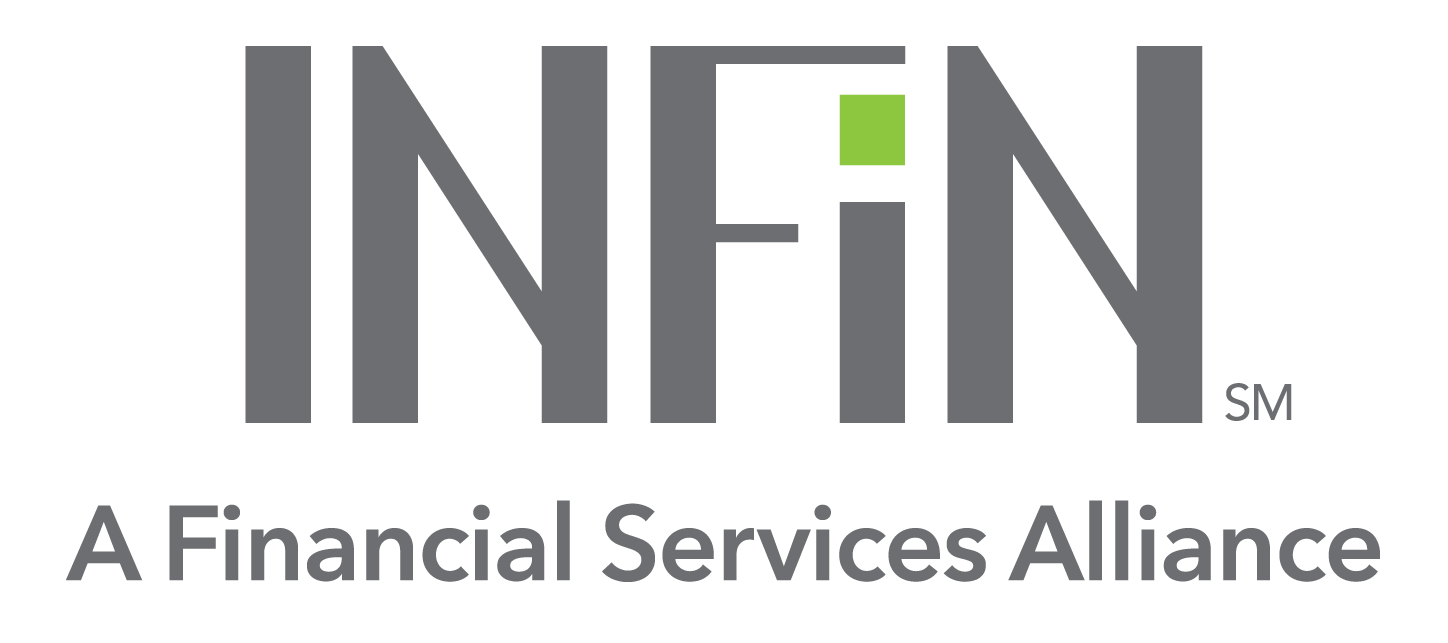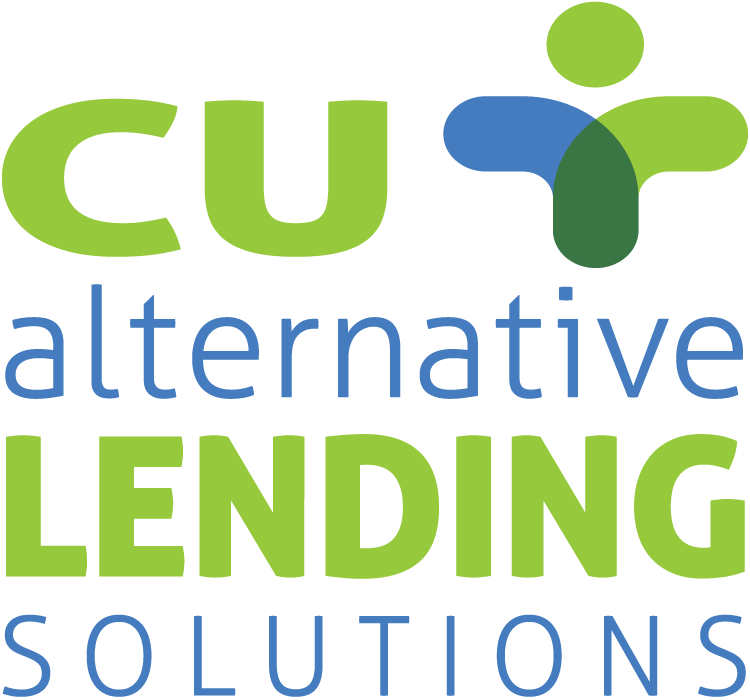Tips for Financial Success
Do Not Open First Accordian
Review your credit report
Much of your financial future depends on the contents of your credit report. Therefore, your first step should be to obtain your report, review it for accuracy and dispute any errors. Since you can obtain your credit report free of charge, there is no reason to neglect this important piece of your financial life. Consumers are allowed one free report from each of the three major bureaus once every twelve months. You can get all three at once, which is a good idea if a major purchase is on the horizon, or stagger your requests to check for identity theft. Access your report from www.annualcreditreport.com.
Obtain your credit score
The three digits that comprise your credit score are a major dictator of whether or not the lender will extend credit, and at what interest rate. It is likely that you’ll have to pay to purchase your score, but it will be money well-spent. Be sure to understand the range within which your score falls, as each score has its own model. Further, take the necessary steps to improve your score. Remember, a high score equals a low interest rate, saving you significant money over time.
Reduce debt
If you’ve dug a deep financial hole, stop digging. Piling new debt on top of old is a red flag that you are living beyond your means. Lock up the credit cards until they’re paid in full, and meanwhile, reach out for help from a legitimate credit counseling agency sooner rather than later. Delaying only makes the problem worse.
Commit to save
Americans are great spenders and lousy savers. Without a well-funded savings account, you are on a very slippery slope, one that becomes treacherous with the next unplanned expense. Put 10 percent of each take-home check into a savings account. Find extra money to dedicate to saving by putting all raises, bonuses, birthday checks, and any other windfall monies into savings. This will create a cushion that should see you through most short-term emergencies.
Get financially organized
Create your own personal financial center where you can instantly put your hands on your family’s financial records. Your center doesn’t have to be a fancy home office. It could be an accordion folder. The point is that you know where everything is. Place original documents such as a will or your mortgage in a safe deposit box, and keep a copy at home.
Avoid incurring late fees
Pay your bills the day you receive them. This way you’ll never risk the creditor receiving your payment after the due date. Delaying could result in you being charged a late fee, a ding to your credit report and a lower credit score. The risk of delay is simply too great. If you travel for work or are a procrastinator, consider setting up online bill pay with payments large enough to cover at least the minimum due.
Avoid paying overdraft fees
A receipt stuffed into your car visor isn’t simply being unorganized. It can cost you. Many an account has been overdrawn due to neglecting to notate an ATM withdrawal or debit purchase. Get into the habit of recording each transaction into your check register on the spot. Also take the time to balance your checkbook and reconcile your statement each month.
Track your spending for 30 days
Have everyone in the household who spends money participate in this exercise. Write down every cent that is spent, as it’s the small, miscellaneous expenses that often wreck the best of plans. At the end of the month, come together to review the spending. This is the only way you can truly know where your hard-earned money is going.
Create a spending plan you can live with
Once you’ve tracked your spending, you can then make conscious decisions as to how you want to allocate the money. Continue tracking with the new plan in place. Keep doing so until you find a plan that is right for your family. Make it too strict, and no one will stay on board. Make it too lenient and you won’t be accomplishing anything.
Take advantage of free money
Contribute the maximum amount to your retirement plan at work, or at the very least, meet the matched amount or you’re throwing away free money. Also inquire about the availability of Flexible Spending Accounts or Health Savings Accounts. All of the above can lower your taxable income.
Have an annual insurance check-up
No one wants to be over-insured. Nor do you want to be under-insured resulting in an unpleasant surprise when making a claim. Make an appointment with your provider and confirm that your coverage is exactly what you thought you were paying for. Inquire about ways to lower your premiums, and ask about any discounts for loyalty, good driving, bundling multiple polices, etc.
Investigate refinancing your mortgage
Even though rates of late have been rising, they are still very low, potentially saving you significant money over the life of your loan. There are multiple online calculators that can help you evaluate the options. Do not extend the term of your loan, however, in order to get a lower monthly payment unless this is absolutely necessary to stay afloat.
Close Tips
3 Ways to Detect and Protect
Do Not Open First Accordian
Keep an eye out for “fishy” texts and emails
Phishing scams use fake texts and emails that camouflage as a trustworthy source. Here are a few things to look for when checking your inbox:
- Name of Sender: Does the sender exactly match the previous texts or emails from the same source? Does the email address match who the sender is claiming to be?
- Threatening Message: Does the message warn you that your account has been hacked? Does it claim that your personal information is at stake if you don’t take action quickly?
- Attachments: Does the message contain an attachment that you didn’t request? Some attachments can have viruses.
If you notice any of these red flags, delete the text or email. In doubt? Throw it out!
Never give out personal information to unknown sources.
Scammers sometimes pretend to be your bank through emails, calls or texts asking for personal information. If we contact you, we’ll always use your name or reference your account number—we’ll never ask for your account information, Social Security number, debit card PIN or password. Double-check that any phone number listed in a text or email is correct before calling. If you’re ever unsure about a caller claiming to be from your bank, you can always hang up and call your bank direct.
Review your password strength and account details.
It’s a good idea to use a different username and password for your bank in case one of your other online accounts is hacked. Make sure your personal info, like your mobile phone number and email address, is up to date so that we can contact you quickly if we notice suspicious activity. Sign in to your account to verify your current information.
Close Tips
CUSTOMER NOTICE: There are a wide variety of loan products available in the marketplace, so your choice of lending products should match your financial needs. Small-dollar loans used over a long period of time can be expensive.

